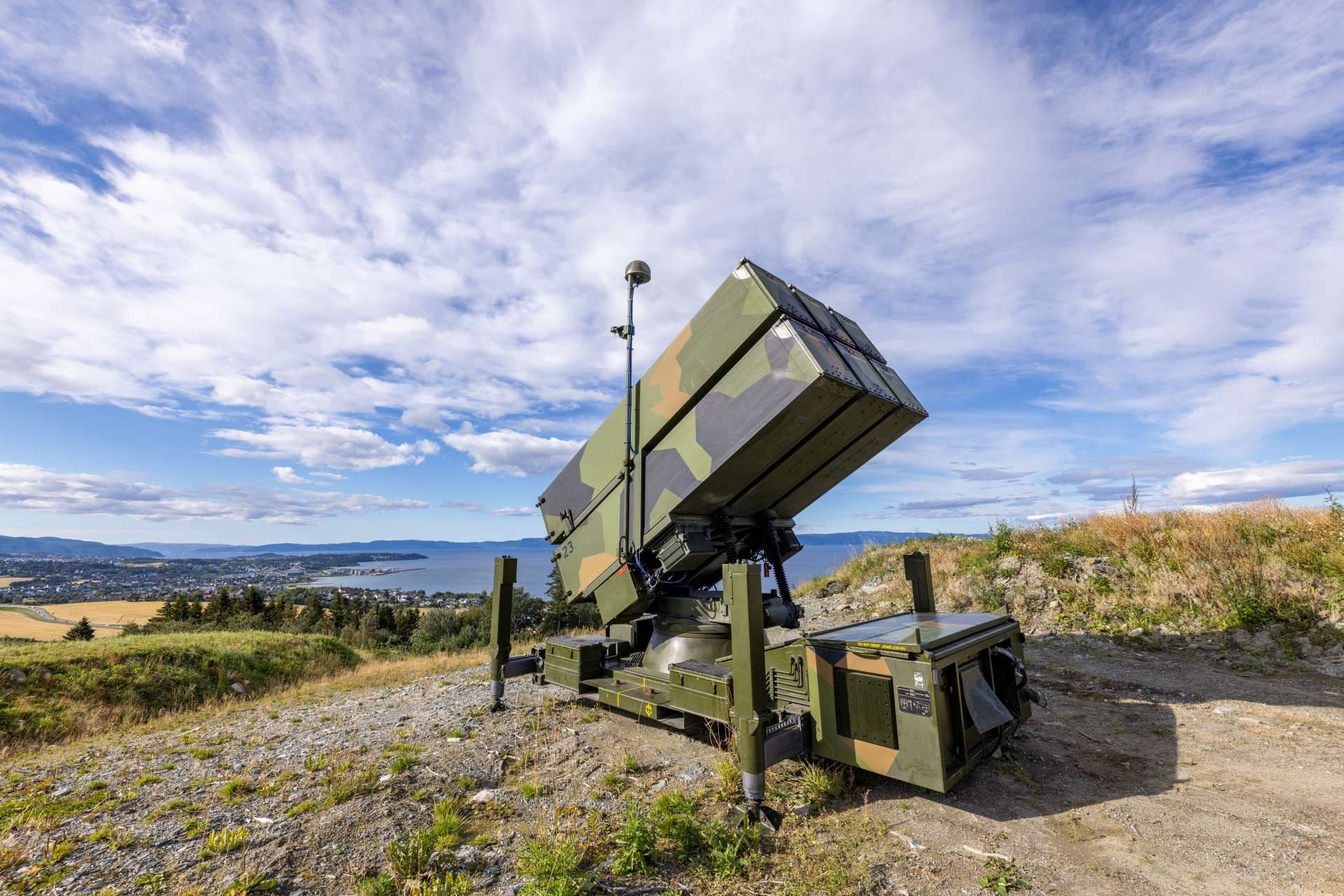U.S. Obligates Nearly $700 Million for NASAMS to Strengthen Taiwan Air Defence
The Pentagon has obligated roughly $698.95 million in fiscal 2026 Foreign Military Sales funds to procure NASAMS medium range air defence batteries for Taiwan, a move that significantly upgrades Taipei's ability to contest contested airspace. The decision comes amid heightened diplomatic sensitivity with Beijing, and underscores deeper U.S. commitment to Taiwan's self defence and regional deterrence.

The Pentagon confirmed on Wednesday that it has obligated approximately $698.95 million in fiscal 2026 Foreign Military Sales funds to purchase NASAMS medium range air defence batteries for Taiwan, Reuters reported. The obligation, described by U.S. officials as the second package in a week of arms transfers for the island, represents a substantial investment in Taipei's layered air defence architecture and will be completed under contract by early 2031.
The NASAMS system, which has seen operational use in Ukraine, is prized for its ability to integrate sensors and interceptors in a distributed network. In the Indo Pacific it is operated by only a few partners, making the sale notable for the interoperability it offers between Taiwan and other U.S. allies and partners. Procurement through the FMS mechanism reflects Washington's intent to provide systems that can be sustained and integrated within longer term defence planning.
Analysts said the new obligation is likely to enhance Taiwan's capacity to defend against medium range air threats, reinforcing the island's resilience in the face of growing aerial pressure across the Strait. Deliveries that stretch into the end of the decade point to a multi year effort to modernize Taiwan's air defences rather than a rapid surge of capability overnight. That timeline also means the equipment will be incorporated alongside other upgrades and training measures planned by Taipei.
The announcement immediately drew diplomatic sensitivity. Beijing has long stated its opposition to U.S. arms transfers to Taiwan, and the latest obligation is expected to provoke protest from Chinese authorities. The sale will test the balance Washington seeks to maintain between supporting Taiwan's self defence and managing broader U.S China ties, where cooperation and rivalry coexist across economic, strategic and diplomatic channels.
Regionally, the move will be watched closely by U.S. partners who face similar security dilemmas. Some Asian capitals will view an enhanced Taiwanese air defence as stabilizing, by raising the costs of potential coercion. Others may worry that incremental strengthening of one side could drive reciprocal military posturing. For the United States, the obligation signals a continued reliance on the FMS process as a means to deliver advanced systems while preserving formal drawdowns through intergovernmental channels.
The NASAMS obligation also carries domestic implications in Washington. Arms sales to Taiwan have long attracted bipartisan attention, shaping congressional debates about export controls, technology transfer and the pace of security assistance. The fiscal 2026 funding decision is likely to reawaken those debates as lawmakers evaluate both the strategic rationale and fiscal trade offs.
For Taipei, the new procurement is a tangible upgrade in capability and a message about Washington's readiness to support the island's defence needs. How Beijing responds in the coming days and weeks will test diplomatic channels and the resilience of regional security arrangements as the Indo Pacific navigates a period of uneasy strategic competition.


